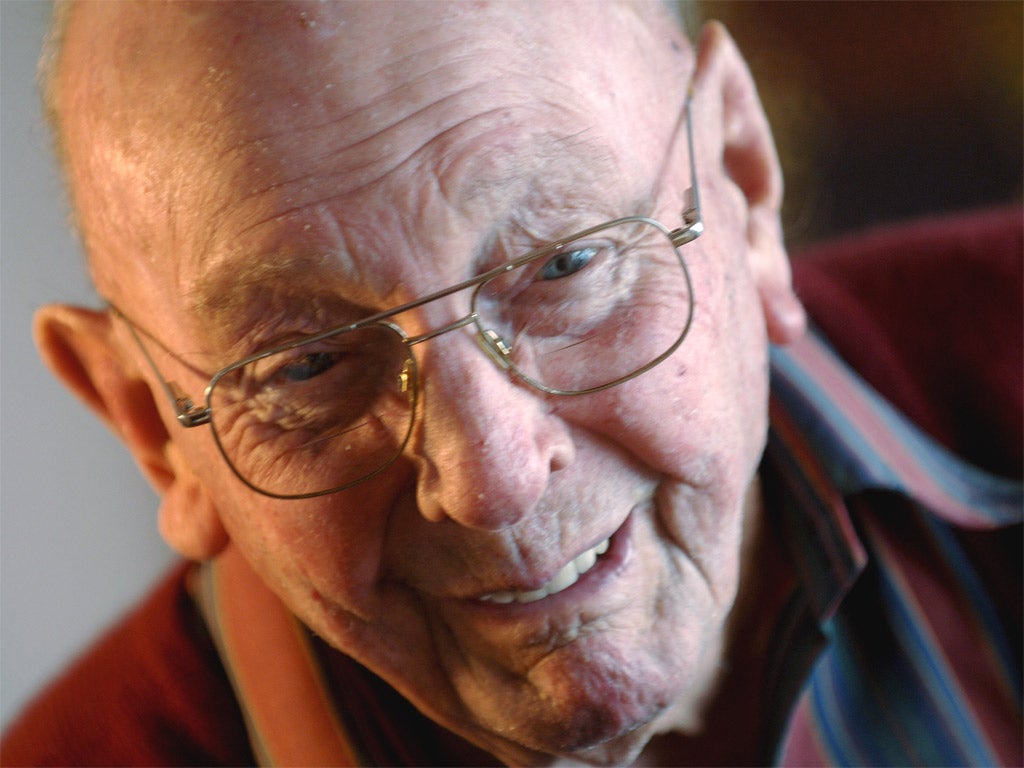Passing of 'the Angel of the Gap' leaves suicide spot bereft of help

Your support helps us to tell the story
From reproductive rights to climate change to Big Tech, The Independent is on the ground when the story is developing. Whether it's investigating the financials of Elon Musk's pro-Trump PAC or producing our latest documentary, 'The A Word', which shines a light on the American women fighting for reproductive rights, we know how important it is to parse out the facts from the messaging.
At such a critical moment in US history, we need reporters on the ground. Your donation allows us to keep sending journalists to speak to both sides of the story.
The Independent is trusted by Americans across the entire political spectrum. And unlike many other quality news outlets, we choose not to lock Americans out of our reporting and analysis with paywalls. We believe quality journalism should be available to everyone, paid for by those who can afford it.
Your support makes all the difference.For nearly five decades he gazed out of his Sydney home overlooking the Pacific Ocean, inspired by one of Australia's most picturesque views. But it was not just a love for the sea that drew him to the dramatic panorama.
Don Ritchie's window-watching had a far greater purpose. From l964, he saved at least 160 lives, though some say the true figure is much higher.
Mr Ritchie, who died this week at the age of 86, was known as the Angel of the Gap, a title earned for persuading people not to throw themselves off the notorious Australian suicide spot.
Like Beachy Head on the Sussex coast, the sheer cliffs at the mouth of Sydney harbour have long acted as a magnet for those who have lost all hope.
But thanks to his calm voice and sympathetic manner, Mr Ritchie offered a helping hand to the desperate by engaging them in conversation on the cliff-top.
A modest man who did not court celebrity or praise, Mr Ritchie would spot would-be suicides from his home and walk across the road to them. At the cliff-edge he would smile and ask them: "Can I help you in some way?"
More often than not the quiet approach worked, though on some occasions he risked his own life by physically restraining the more determined from making their final leap.
Afterwards he would invite them back to his home for a cup of tea and a chat and occasionally they would return years later to thank him for saving their life. One survivor gave him a painting of an angel with the message: "An angel who walks amongst us." He once confided: "My ambition has always been to just get them away from the edge; to buy them time; to give them the opportunity to reflect and give them the chance to realise that things might look better the next morning."
Mr Ritchie's daughter, Sue, said her father enjoyed his ocean view, but was equally determined to watch out for troubled souls.
He once said an offer of help "was all that was needed to turn people around", she told the Sydney Morning Herald. He was "a great mixture of strength and compassion... an everyday person who did an extraordinary thing for many people", she added.
After serving in the Royal Australian Navy during the Second World War. Mr Ritchie worked in insurance.
He would later tell friends of the people he saved: "I was a salesman for most of my life and I sold them life."
Join our commenting forum
Join thought-provoking conversations, follow other Independent readers and see their replies
Comments